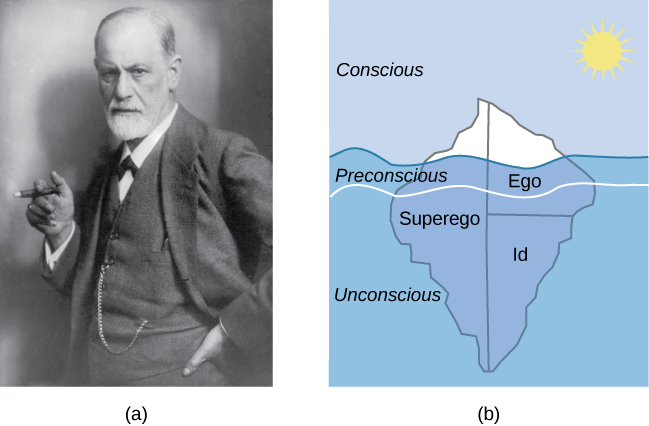Scientific Research Is Verifiable, Predictable, Fair, and Falsifiable
For scientific research to be meaningful, it must follow certain principles that make findings trustworthy and useful. Four key features are verifiability, predictability, fairness, and falsifiability.
Verifiability
Verifiability means that research findings can be replicated by other scientists.
To achieve verifiability, researchers must carefully document their procedures, describe their materials, and explain how and why their experiment produces certain results.
Replication is a cornerstone of science—if other researchers can repeat the study and get similar results, confidence in the findings grows.
Predictability
Predictability means that a theory allows scientists to make accurate predictions about future events or observations.
For example, a strong psychological theory about stress and performance might predict how people will behave under pressure.
The more precisely a theory predicts outcomes, the stronger and more useful it becomes.

Fairness
Fairness requires researchers to consider all the data when evaluating a hypothesis—not just the data that support their expectations.
Cherry-picking results to make a study look successful violates the principles of scientific integrity. Every piece of data—whether it supports or challenges the hypothesis—must be included in the analysis.
Falsifiability
Falsifiability means that a hypothesis must be testable and capable of being disproven through observation or experiment.
A good scientific hypothesis clearly specifies what evidence would show that it is false. If a hypothesis cannot possibly be proven wrong, it is not scientific.
Hypothesis Testing and Statistical Significance
To determine whether a hypothesis is supported, psychologists use statistical hypothesis testing. This process evaluates how likely it is that a study’s results occurred by chance.
-
If results are statistically significant, they are unlikely to be due to random variation—meaning the hypothesis is supported.
-
If results are not statistically significant, the data do not support the hypothesis.
Statistical testing helps researchers make evidence-based conclusions rather than relying on assumptions or bias.